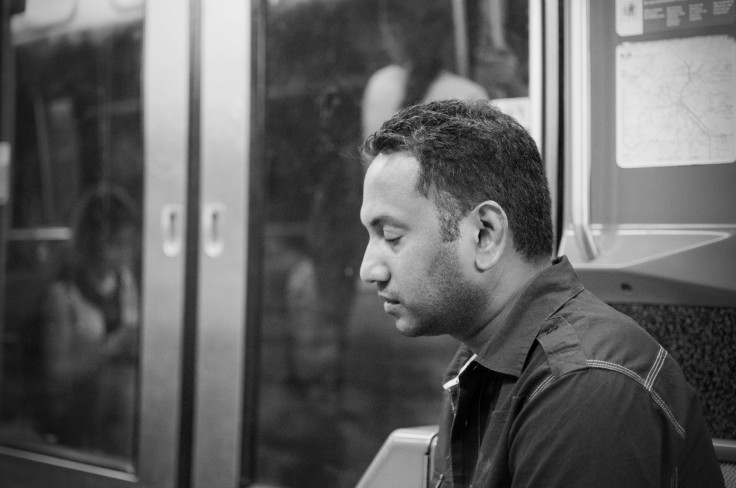Excessive Daytime Sleepiness And Long Naps May Be A Sign Of Type 2 Diabetes

We all get tired throughout the day; 2 p.m. hits and suddenly you’re searching for the coffee pot with your eyes half closed. But could being tired throughout your day indicate something more? Researchers from the University of Tokyo found evidence that this might be so. Presenting their findings at the annual meeting of the European Association for the study of Diabetes (EASD), they have reason to believe sleepiness throughout the day, along with taking longer daytime naps may be linked to type 2 diabetes.
Sleep is not only a blissful experience, it is also essential to your health. Though we need a good night’s sleep to recuperate from our day, and consolidate memories from our waking hours, sleep in excess can be detrimental to our health. According to the study, led by Dr. Tomohide Yamada of the University of Tokyo, daytime sleepiness, along with napping, is rampant around the world. While most people know to keep their naps brief, others will nap for hours on end, and this can be potentially dangerous. In addition to this, researchers have found that naps can become habitual, as people will carve out a few minutes to a few hours each day just for sleeping.
To find the possible repercussions of excessive sleepiness and napping, researchers conducted a meta-analysis of a range of international studies regarding sleep and type 2 diabetes. Looking through various sources, including Medline, Cochrane Library, and Web of Science, researchers selected 10 studies consisting of 261,365 people. The studies came from a multitude of different countries, with research selected from Sweden Spain, Finland, and Germany to assess the effects of daytime sleepiness, and the USA, China, and Germany to evaluate the effects of daytime naps.
After examining the results of these studies, the researchers found that risk of type 2 diabetes increased by 56 percent in those who were excessively sleepy throughout the day. For those who took naps for longer than 60 minutes on a regular basis, their risk of developing type 2 diabetes went up 46 percent. However, if the nap was shorter than 60 minutes each day, there was no increased risk. The risk only began to increase sharply after the napper hit the 40-minute mark.
The researchers conclude that sleep disorders may contribute to exhaustion throughout the day, which in turn may add to diabetes risk.
“Daytime napping might be a consequence of night-time sleep disturbances such as obstructive sleep apnea (OSA),” researchers wrote in their study. “Epidemiological studies have shown that obstructive sleep apnea is independently linked to blockages (ischemia) of heart arteries, stroke, fatal and non-fatal cardiovascular events, and all-cause mortality."
A 2014 study even found a direct link between sleep apnea and developing type 2 diabetes. Researchers from the University of Toronto examined 8,678 Canadian patients, finding that those who had mild or moderate OSA also had an increased risk of developing diabetes by 23 percent. If the person had severe OSA, that risk went up even more, amounting to 30 percent. One of the factors that contributed to this, they found, was sleepiness throughout the day.
The researchers concluded that taking a short nap during the day will not do any harm, but the longer you nap, the more likely you are to enter slow-wave sleep, which leads to problems. “Entering deep slow-wave sleep and then failing to complete the normal sleep cycle can result in a phenomenon known as sleep inertia, in which a person feels groggy, disoriented, and even sleepier than before napping,” they wrote. “Although the mechanisms by which a short nap might decrease the risk of diabetes are still unclear, such duration-dependent differences in the effects of sleep might partly explain our findings."
Source: Yamada T, et al. The Annual Meeting of the European Association for the study of Diabetes. 2015.
Kendzerska T, Gershon AS, Hawker G, et al. Obstructive Sleep Apnea and Incident Diabetes: A Historical Cohort Study. American Journal of Respiratory and Critical Care Medicine. 2014.
Published by Medicaldaily.com



























